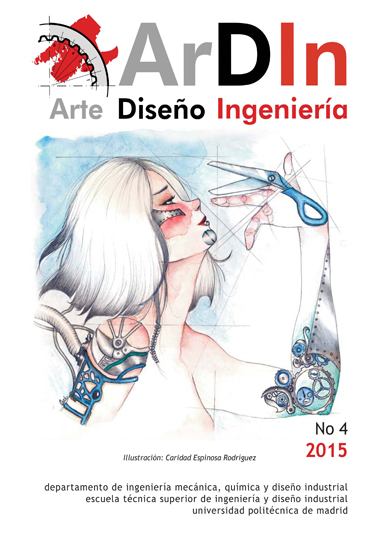Ante la reconstrucción de la estructura urbana: el neourbanismo de laciudad social = The dawn of urban reconstruction: a society’s neourbanism
Keywords:
Urbanismo, sociedad, ciudad, revolución industrial, metrópolis, neourbanismo, Urbanism, society, city, industrial revolution, metropolis, neourbanismAbstract
Resumen
Las ciudades de hoy se encuentran envueltas en un momento de cambio, en un giro inesperadamente rápido en cuanto al contenido que acunan y en la funcionalidad que se les exige dentro de la estructura de este nuevo siglo.
Por eso es indispensable tener claras las bases sobre las que el urbanista de hoy debe trabajar para que la ciudad pueda avanzar en paralelo a la sociedad que la habita y la utiliza; todo con un único fin: salvarla de una muerte anunciada para que no se trasforme en otra estructura de relación humana, en el caso de que no sea capaz de adaptarse a los cambios vertiginosos que la hacen estar fuera de juego.
Tres serán las claves para alcanzar dicho cambio:
- Tener claro que el cliente principal del urbanista es la sociedad permitiéndola aportar y decidir dentro del proceso urbanizador.
- Desarrollar unas leyes sobre las que poder construir.
- Aportar unas herramientas de actuación.
Abstract
Today’s metropolis finds itself at an endpass caught in an expeditious struggle between its content and its desperate need for functionality.
This polarity spotlights the exigency of the acute urbanist that maintains the balance in which the city can advance in parallel with its dwelling society.The hero; urbanist, saving the metropolis from its ominous literal ruin intercepting its structural expiration or reprocess.
The three essentials to neourbanism:
- Society is the sole important client; keeping its needs and changes clear and precise.
- Implement new laws under which a city can be built.
- Provide the tools needed.
Downloads
Downloads
Published
Issue
Section
License
ArDIn does not charge authors for processing or publishing an article and provides immediate Open Access to its content. All content is available free to the user or their institution. Users are permitted to read, download, copy, distribute, print, search or link to the full text of articles, or use them for any other lawful purpose, without prior permission from the publisher or author. This is in accordance with the BOAI definition of open access.
- Authors retain the copyright and grant to the journal the right to a Creative Commons attribution / Non-Commercial / Non-Derivative 4.0 International (CC BY NC ND) License that allows others to share the work with an acknowledgement of authorship and non-commercial use.
- Authors may separately establish additional agreements for the non-exclusive distribution of the version of the work published in the journal (for example, placing it in an institutional repository or publishing it in a book).
Unless otherwise indicated, all contents of the electronic edition are distributed under a Creative Commons license.













